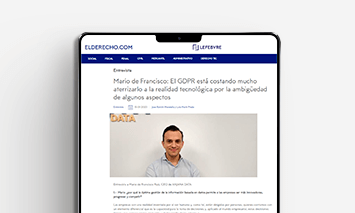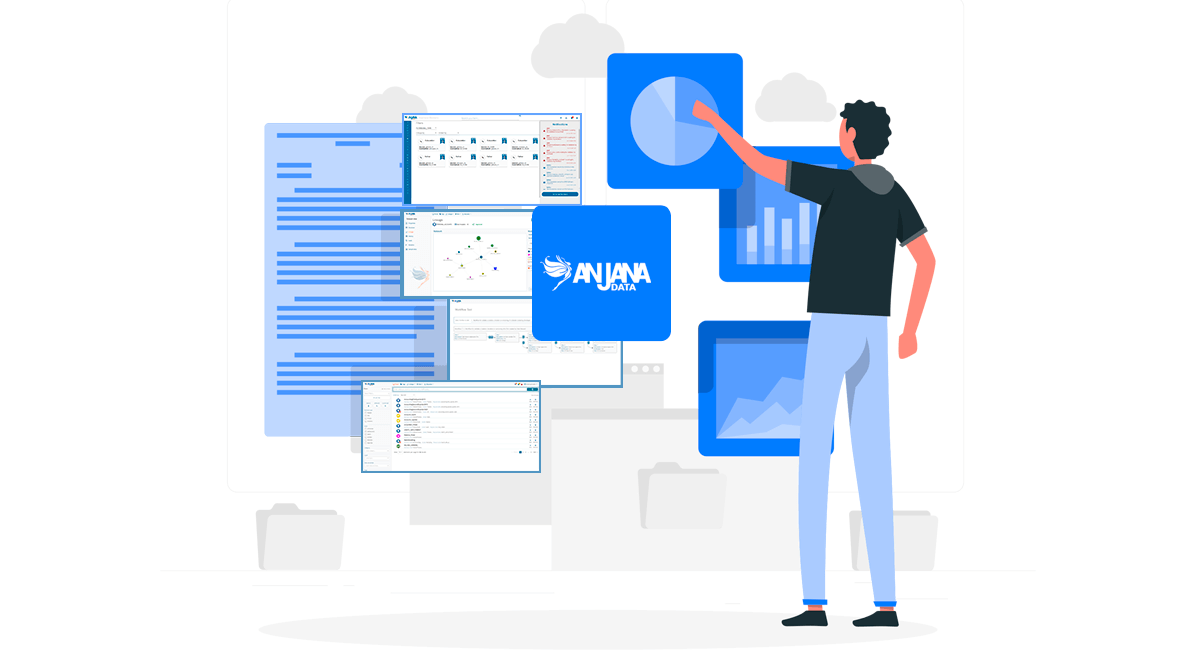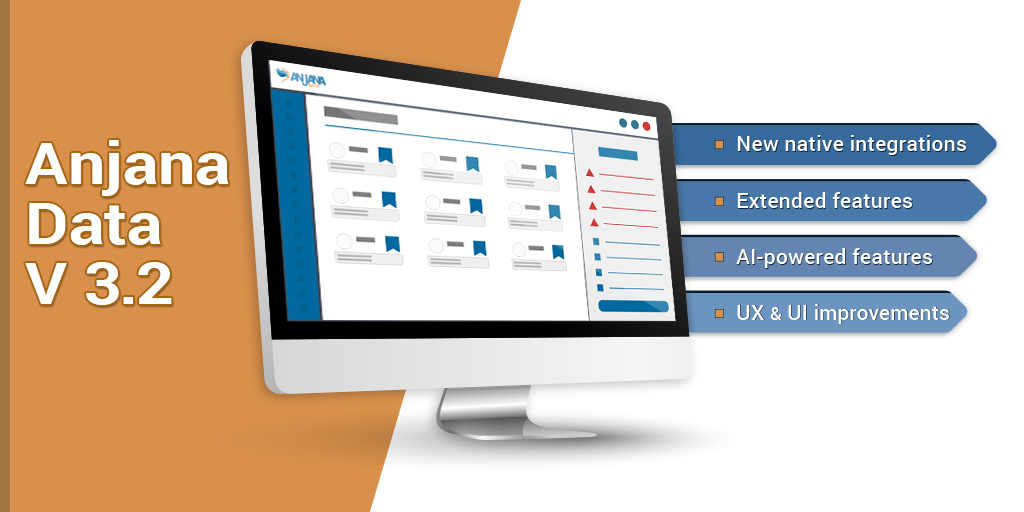Mario de Francisco: GDPR and technological reality


Mario de Francisco spoke to ELDERECHO.COM about GDPR, technological reality and how optimal management of data-based information allows companies to be more innovative, progressive and competitive.
1.- Mario, why does optimal management of information based on data enable companies to be more innovative, progressive, and competitive?
Companies are a reality invented by human beings and, as such, they are managed by people, who have a differential element that is the capacity to make decisions and, applied to the business world, these decisions have consequences on the life and development of companies.
If we apply the scientific method to business reality, empowering decision making with data-based information will increase the probability of success of those decisions and leave less room for chance or uncertainty. Also, for these decisions to be good, there must be a good amount of quality data, effective and efficient processing and exploitation processes, technologies and tools according to the needs and, last but not least, people with the right skills.
2.- How would you quickly and simply describe what intelligent databases consist of and how they relate to Smart Data Governance?
Honestly, I am not a big fan of this kind of concept because, in my opinion, they only make it difficult to understand them. In this case, the terms «intelligent» and «smart» refer to the application of advanced analytical algorithms and artificial intelligence, so basically we could be talking about applications of these algorithms to improve the use of databases as well as for the purpose of implementing more effective and efficient data governance. I recently wrote an article about this kind of application, trying to explain why companies should consider implementing them and also trying to provide some concrete examples. At Anjana Data, we are already starting to work on concrete use cases because the differential value they can offer is immense.
3.- What are the most significant challenges that AI and Machine Learning pose for data governance?
Without a doubt, the greatest challenge posed by AI and ML is that of ethics. Therefore, I believe that we must give a strong impulse to the entry of more humanistic profiles that help the most technological companies when they are faced with ethical dilemmas. If we think of data governance As such, leaving ethics aside, the greatest challenges come from agility, flexibility and speed, on the one hand, and from quality, on the other.
You can read the full article at the following link: https://bit.ly/2tQU454



